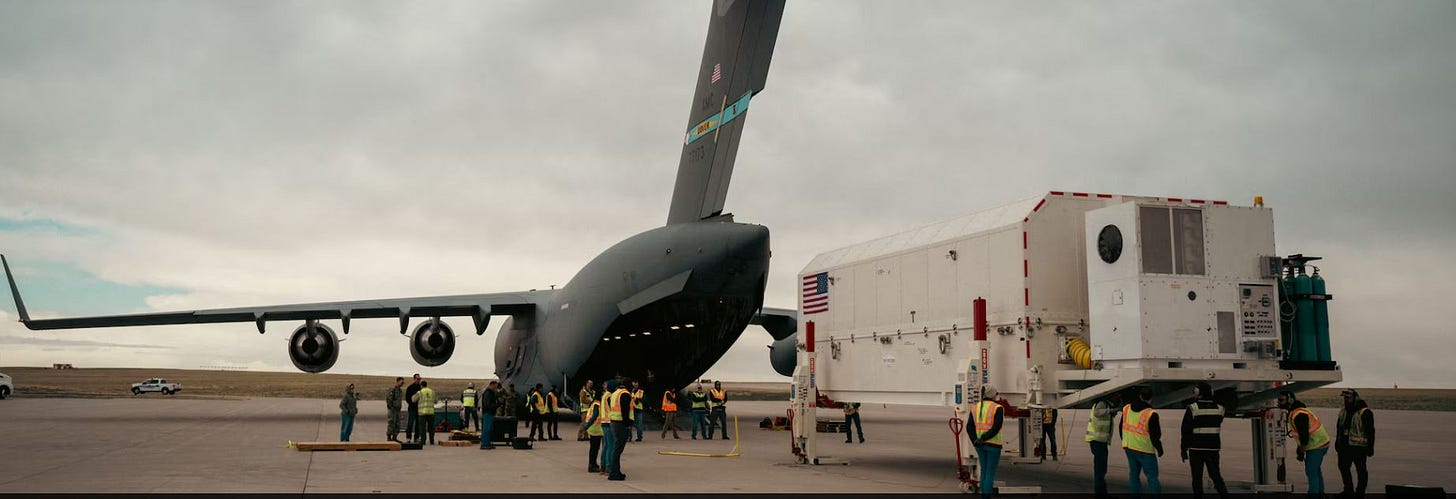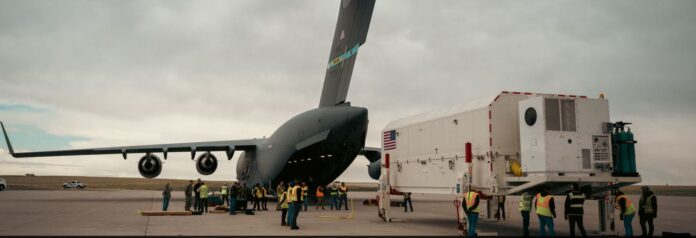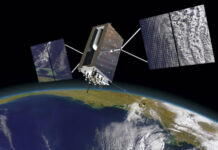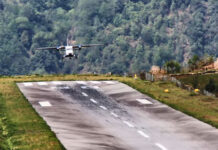COLORADO SPRINGS—The U.S. Space Force has delivered the next GPS III satellite to Cape Canaveral SFS for a May launch, the service announced this week. The Lockheed Martin-built LMT 1.15%↑ satellite, Space Vehicle 08, was fielded the same rapid process associated with the GPS III SV-07 that launched on Dec. 16, 2024.
Nicknamed the Katherine Johnson, to honor mathematician Katherine Johnson, the satellite will launch on a SpaceX Falcon 9 rocket. The current constellation, which includes 31 satellites, will add the final two GPS III satellites, SV-09 and SV-10. Both are set for launch this year.

Lockheed Martin said it would focus on the GPS IIIF program that will include satellites through SV-20, with options that run through SV-32. The first GPS IIIF had a core completion in February, however, the first launch won’t be until 2027.
GPS OCX Still On For September
The GPS Next-Generation Operational Control System, or OCX, ground system is still on schedule for a September completion, said Charlotte Gerhart, deputy director, military communications and PNT, at the Space Foundation’s 40th Space Symposium. “We are still on track. We are still in the middle of a lot of testing,” she said. “[This includes] making sure interfaces work and operators are trained. If we had been able to have OCX sooner, I would have been able to transition to on ramping more capabilities faster. It truly is a what if.”
Long considered one the service’s problem child programs, RTX Space RTX -0.04%↓, once known as Raytheon, has been developing the crucial system for more than a decade. The OCX ground system is critical for GPS IIIF satellites to access the encrypted M-code signal that is harder to jam.
Gerhart acknowledged that the GPS constellation faces serious jamming issues, but not from any one country. “We see jamming of all types—not specific to any country. There are opportunities to jam our systems, so we are carefully watching that,” she said.
In other Space Symposium news:
- Space-ng demonstrated its AstroVision and optical navigation software, highlighting its role in the successful Blue Ghost Mission 1 lunar landing. The company’s vision-based navigation software enabled Firefly Aerospace’s lander to safely touch down on Mare Crisium by autonomously detecting hazards and navigating without GPS.


























